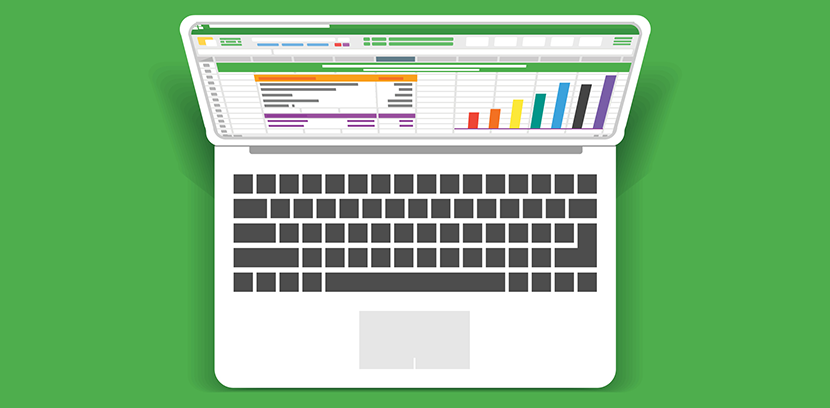
If your company sells software as a service or SaaS, your business model and accounting may look different than others. Traditional software sales included purchasing a tangible disk - a finite sale that would be taxed appropriately. With more software being "leased" monthly rather than sold, accounting and tax standards are trying to catch up.
Here are 5 things that a SaaS startup accounting team must know to help build a successful business.
When to Recognize Revenue
Revenue recognition is a standard principle of generally accepted accounting principles (GAAP). These principles specify when revenue is accounted for in the financial statements. These standards are very important, especially as investors review your business' books and determine if your company is financially viable. Typically revenue isn't recognized until it is paid.
In May 2014, two financial standards boards issued new accounting standards known as ASC 606 in hopes to simplify accounting across industries. The new standards are applicable to all revenue that comes from contracts with customers for goods and services provided. Revenue must be recognized when the obligation is fulfilled. Businesses must comply with these standards by 2018 or 2019, depending on the business type and fiscal year.
In short, the ASC 606 standard for revenue recognition is:
- Identify the contract with the customer
- Identify the performance obligations in the contract
- Determine the transaction price
- Allocate the transaction price to separate performance obligations (typically for SaaS, that's month-by-month.)
- Recognize revenue as each performance obligation is satisfied
When to Defer Revenue
Deferred revenue is considered any up-front payments for services that are yet to be delivered. For example, if a client pays for a year of use of your company's software, that payment is deferred revenue. Every month after the services have been delivered, your business would recognize a month's revenue and the rest of the payment, or deferred revenue, would decrease by one month's payment. Deferred revenue is considered a liability on your company's balance sheet because it is unearned and therefore still owed to the client.
What to Do When SaaS Clients Stop Paying
Even when SaaS payments are scheduled or automatically withdrawn, it may become apparent that some client payments are no longer going through. There could be a variety of reasons for nonpayment including:
- Expired credit card
- Credit limit has been reached
- Overdrawn checking account
- Client has discontinued use of your software
The first course of action is to follow-up with your client to see if they've churned or if they simply need to offer another type of payment. If you are unable to reach the client, or if they're non-responsive but still using your software, it may be time to work with a debt collections agency that specializes in recovering SaaS payments.
Understand Tax Implications of SaaS
As more software services are going virtual, states are facing new challenges of collecting tax revenue. States typically rely on sales tax of goods, but not services, for up to one third of its revenue. For consumers purchasing boxed software off the shelf, a state sales tax would be incurred. When the software is being offered as a service, it may not be taxed. Some states, including New Mexico, Pennsylvania and Utah, tax SaaS. Others only tax part of the charges and others, not at all. As your software is downloaded across state lines, your business needs to be aware of the tax liabilities and work with a tax professional who can help.
When to Hire SaaS Accounting Assistance
Even if you have an in-house accounting department, it may be helpful to hire accounting, collections or, as just noted, tax assistance. If you're currently seeking funding or growing your business, it's important to work with an accounting professional who understands the standards that apply and those that will be forthcoming as the economy adjusts to the digital world. Investors and VCs will heavily scrutinize your financial statements to see if you're in compliance with the new accounting rules. Cash flow problems can also be remedied through accounts receivable clean-up or third-party debt collections.
SaaS startups face new challenges that traditional-model software companies do not. Applicable standards and laws are changing regularly and your business' accounting team must stay aware or face non-compliance and potentially lose the interest of investors.




